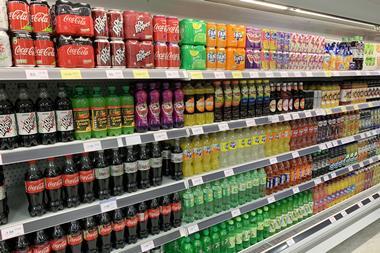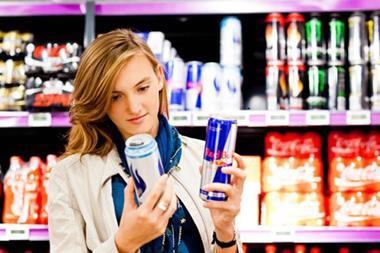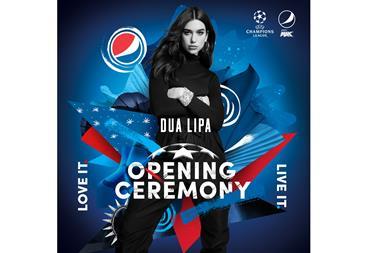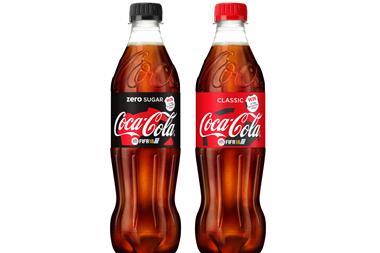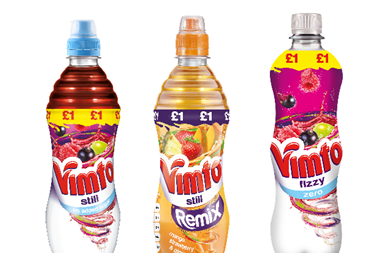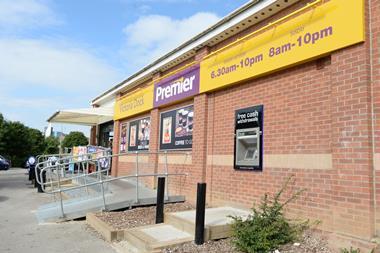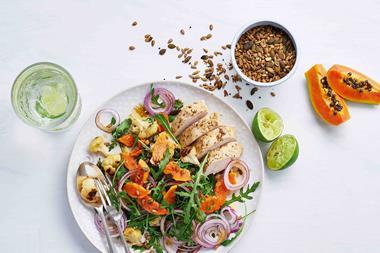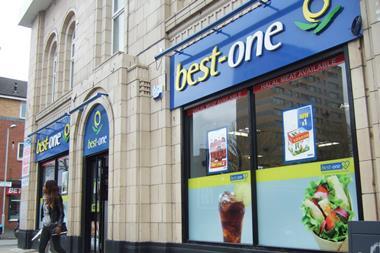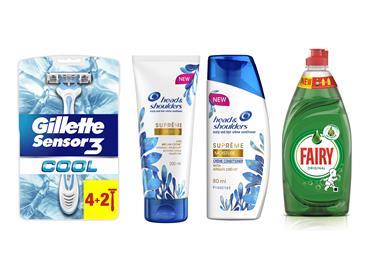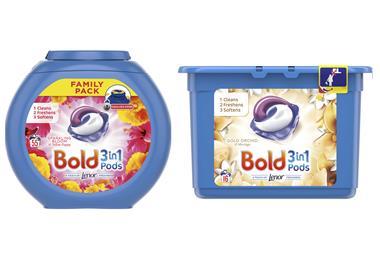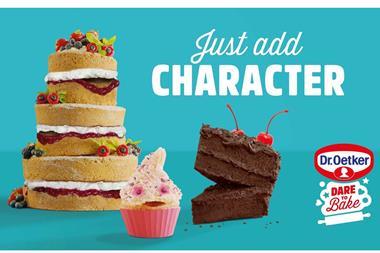Soft drinks levy: Sweet talking

Retailers are being urged to take a long hard look at their soft drinks aisle as the Soft Drinks Industry Levy comes into force. C-Store examines the impact it has already had on the big brands and its likely impact on your sales.
ALREADY HAVE A REGISTERED USER ACCOUNT? PLEASE LOG IN HERE
To read the full story join the ConvenienceStore.co.uk community today!
Registration is quick and easy and provides access to:
- Unlimited ConvenienceStore.co.uk articles
- Our great range of newsletters
- Content you’ve saved for later via the ‘my library’ feature
And much more…




















